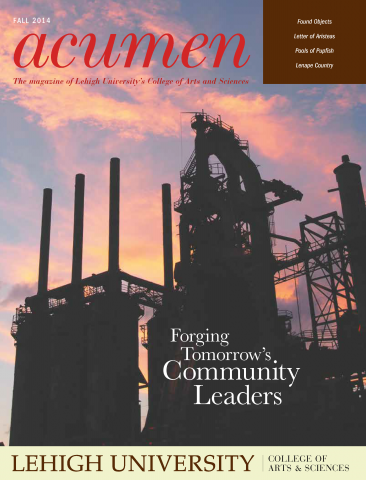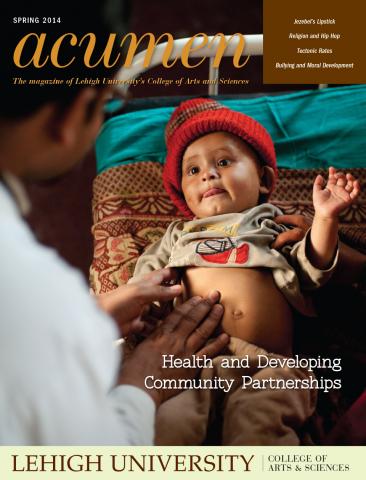
Social information processing—the theory of how individuals, especially children, interpret social information—suggests that children are involved in a number of cognitive processes when engaged in social interactions. Although the bulk of the work on social information processing research has focused on explaining aggressive behaviors, work by developmental psychologist Deborah Laible provides links between facets of social information processing and prosocial behavior.
Prosocial children may evoke positive responses from others by being prosocial to them, which over time is likely to increase children’s beliefs in others as possessing qualities such as being “nice” or “trustworthy.” Children’s early engagement in prosocial behavior might elicit positive feedback from peers, and this feedback increases children’s beliefs in other people being well intentioned. Such positive biases in social information processing may increase children’s future changes of helping others, say Laible, professor of psychology.
As part of a five-person research team, Laible examined the possible relations between children’s prosocial behavior and social information processing using data from the National Institute of Child Health and Development Study of Early Child Care and Youth Development (SECCYD). The SECCYD followed 1,364 children from soon after the child’s birth until the age of 15. Mothers and teachers completed a questionnaire that was designed to measure the child’s social behaviors with peers in third through sixth grades. Children were also asked to select among four possible aggressive or competent strategies to manage a number of hypothetical social conflicts. In addition to social problem solving, children were asked to infer others’ intentions in ambiguous social scenarios. Children could pick between aggressive and benign intentions.
Examining responses for third- through sixth-grade students, Laible and her colleagues found connections between children’s social information processing and their later prosocial and aggressive behavior. Results from the study provide evidence of the idea that early engagement in aggressive and prosocial behavior predicts children’s later social information processing and that children’s early social information processing predicted their subsequent prosocial and aggressive behavior toward peers.
Laible notes the study suggests that children’s early positive peer and relational experiences might beneficially form children’s ability to work with others over time. The findings demonstrate the important developmental consequences of early engagement in prosocial behaviors. Researchers need to examine bidirectional links between prosocial behavior and social information processing over time to better understand children’s prosocial development, she adds. Her work suggests that future research is needed to explore the possible constructive role of prosocial behavior in curbing hostile predispositions and aggressive behaviors. Such research could point to the importance of socially competent behaviors in promoting well-being and reducing aggressive and externalizing behaviors.


































